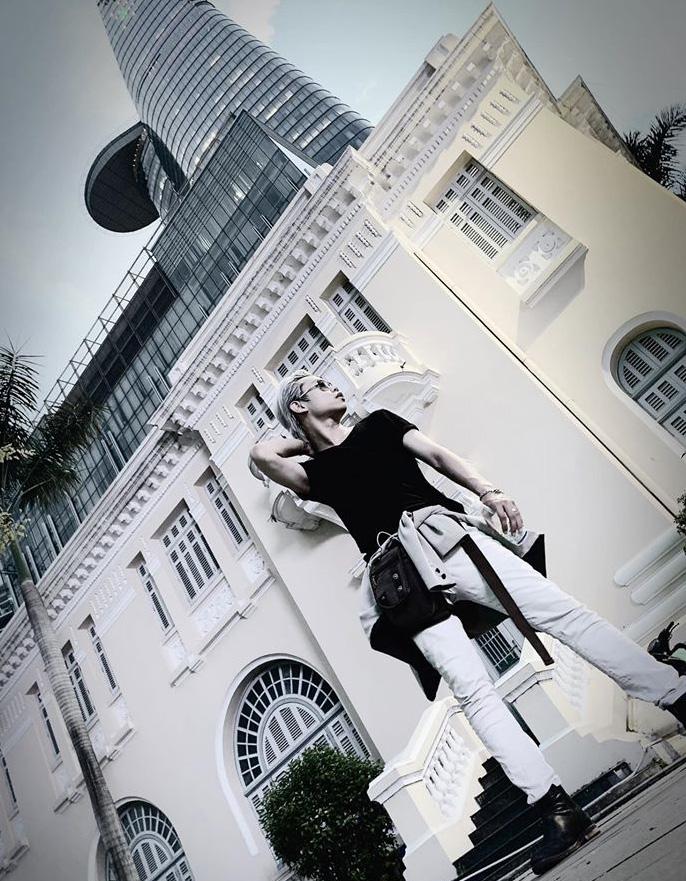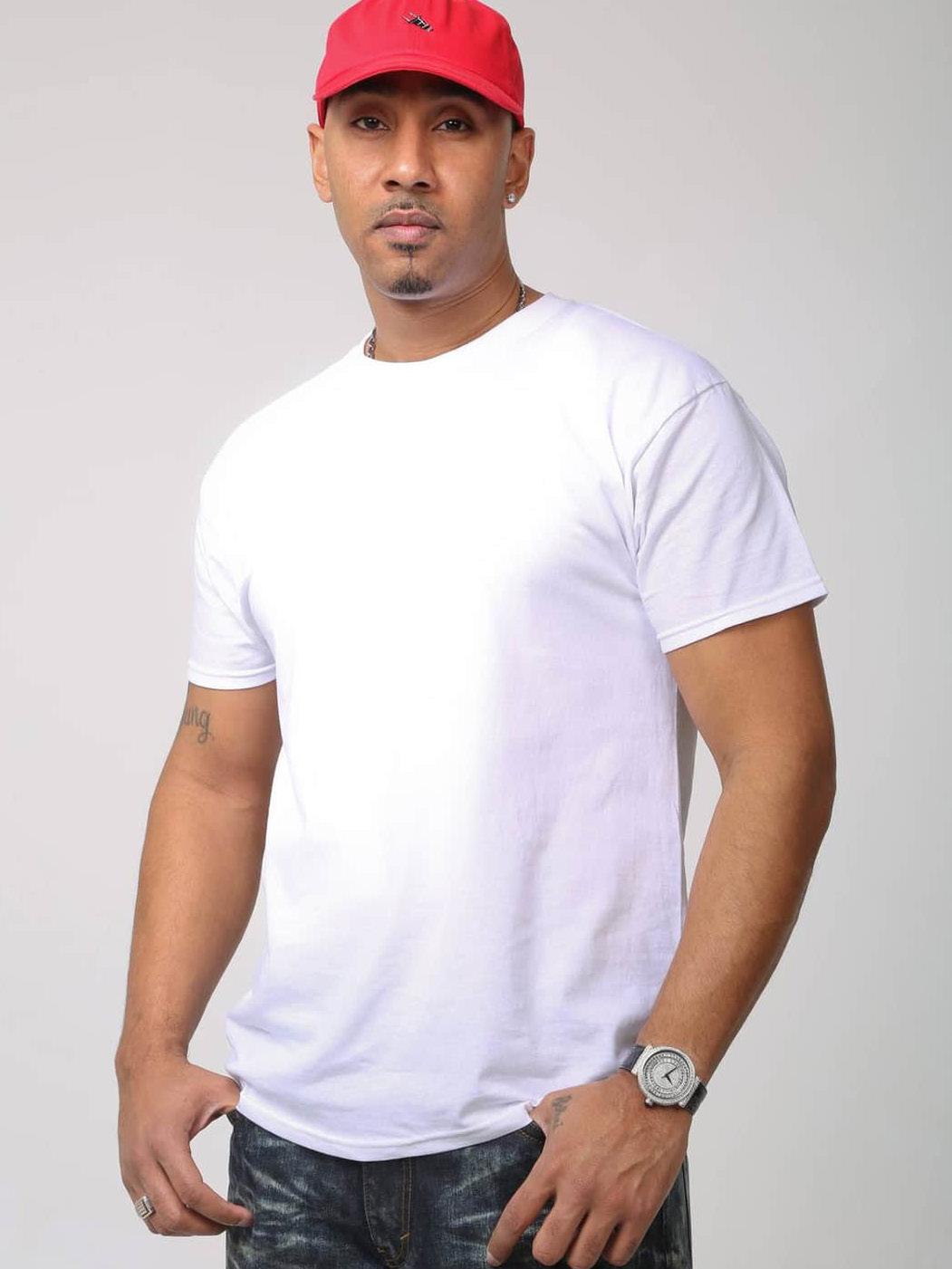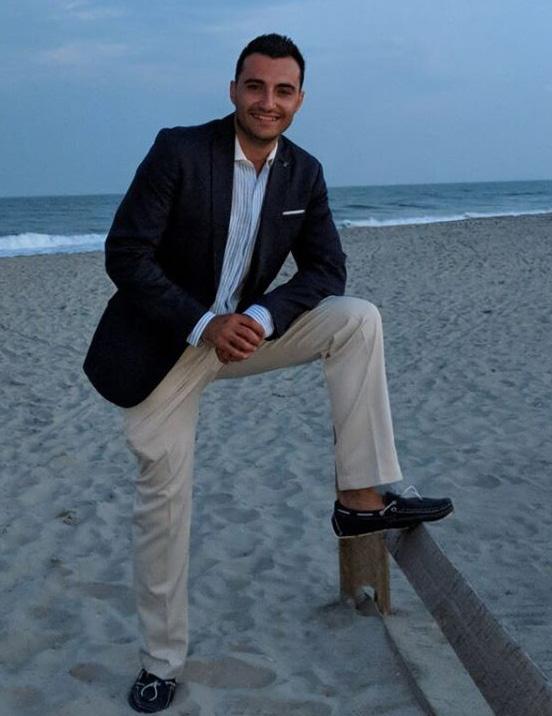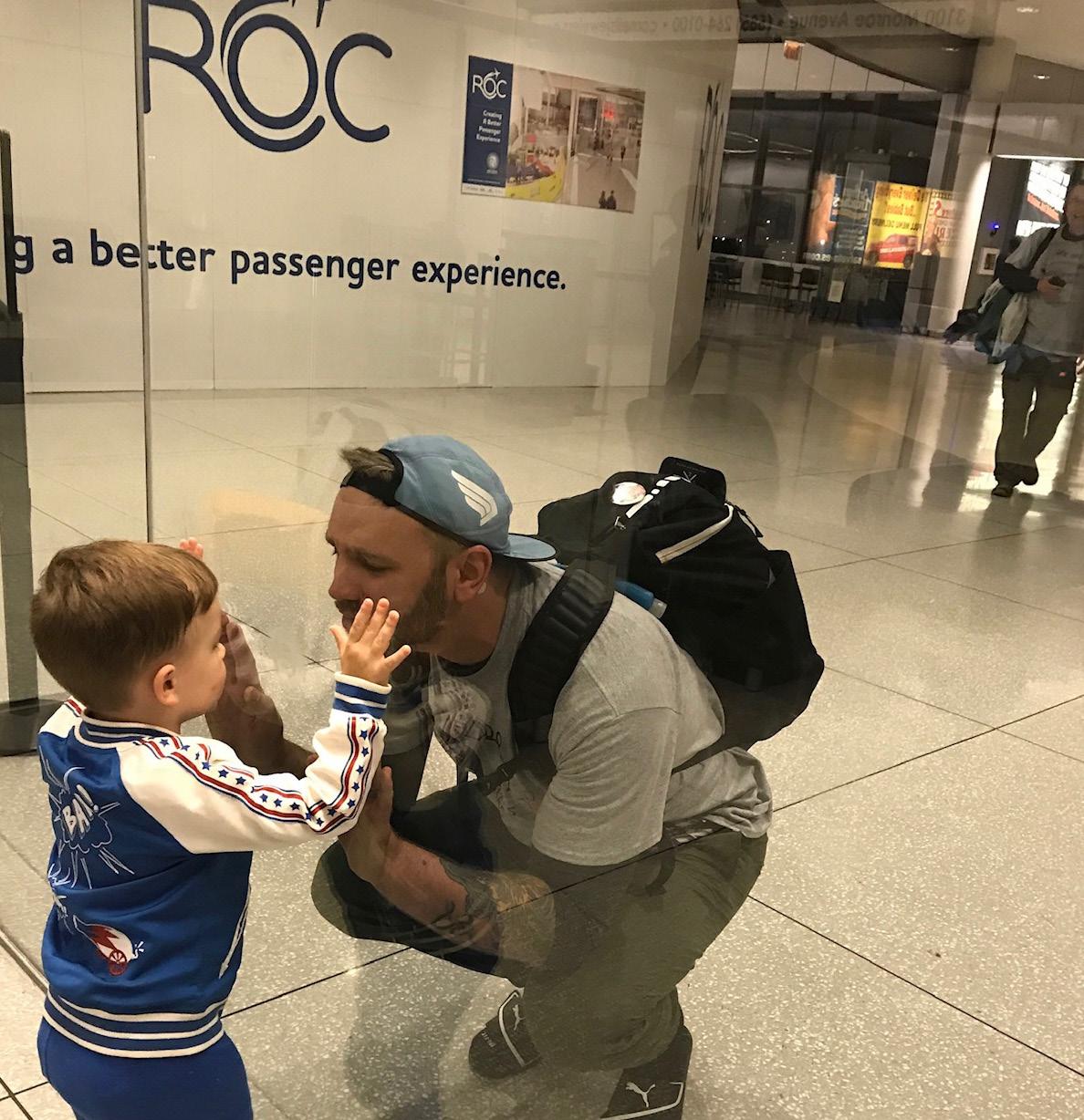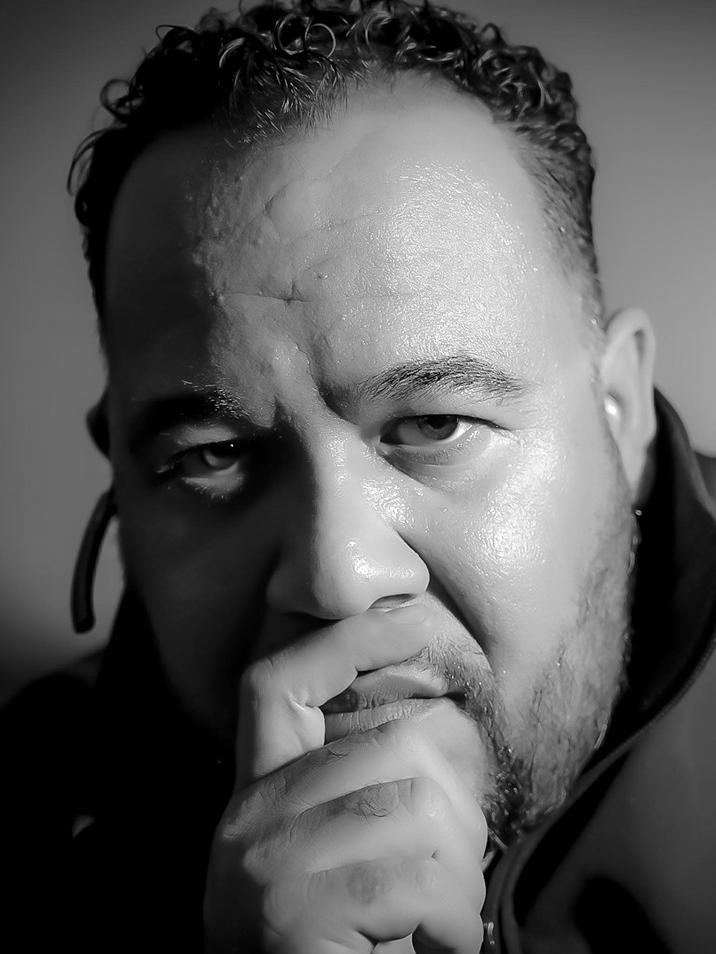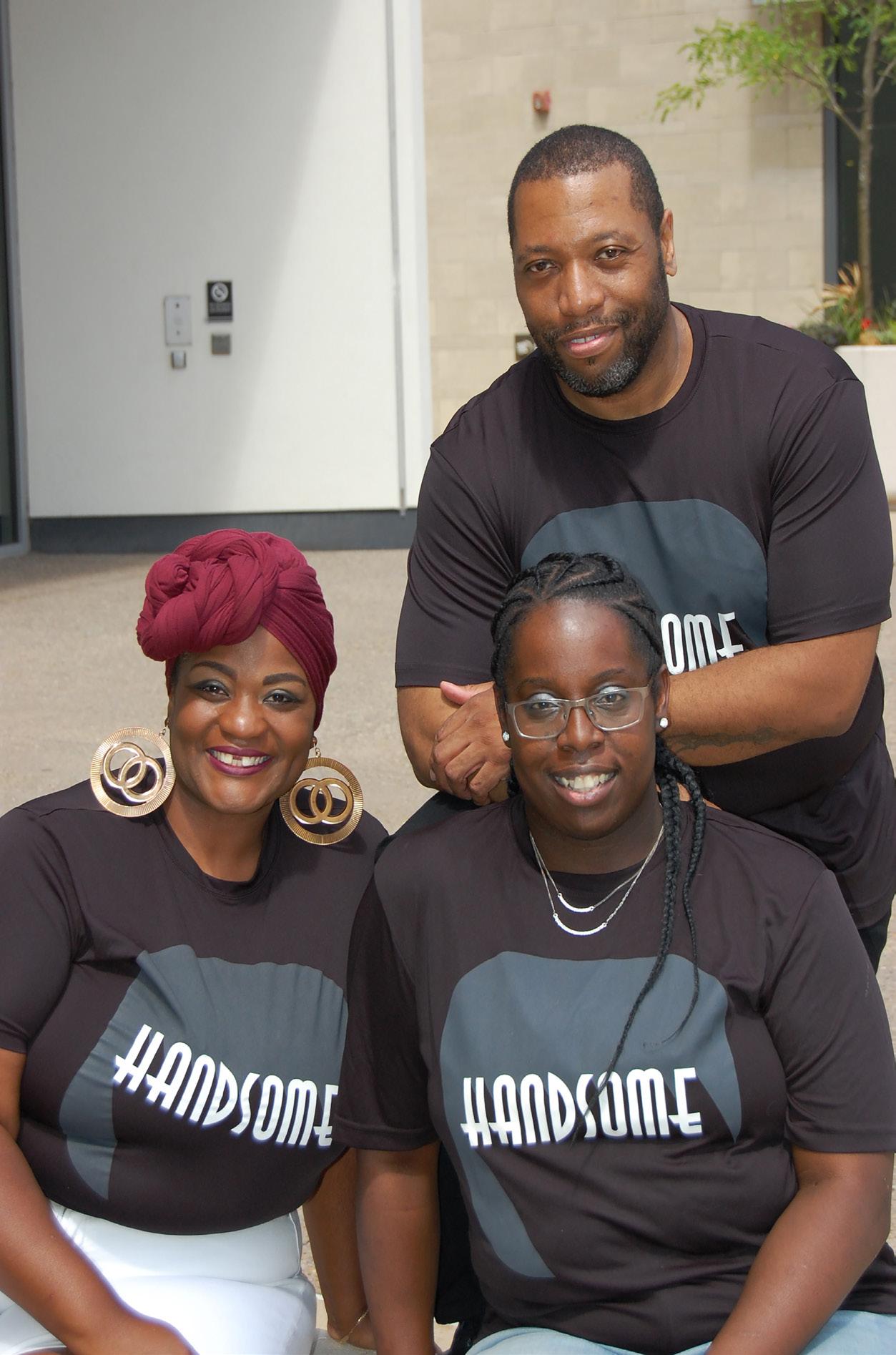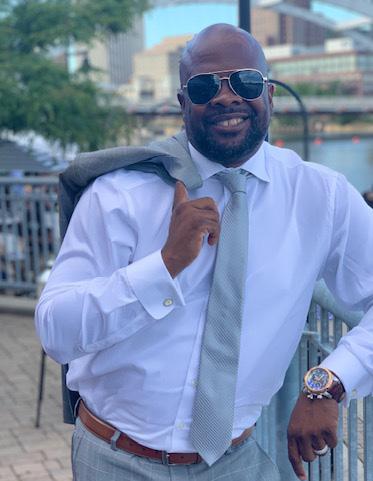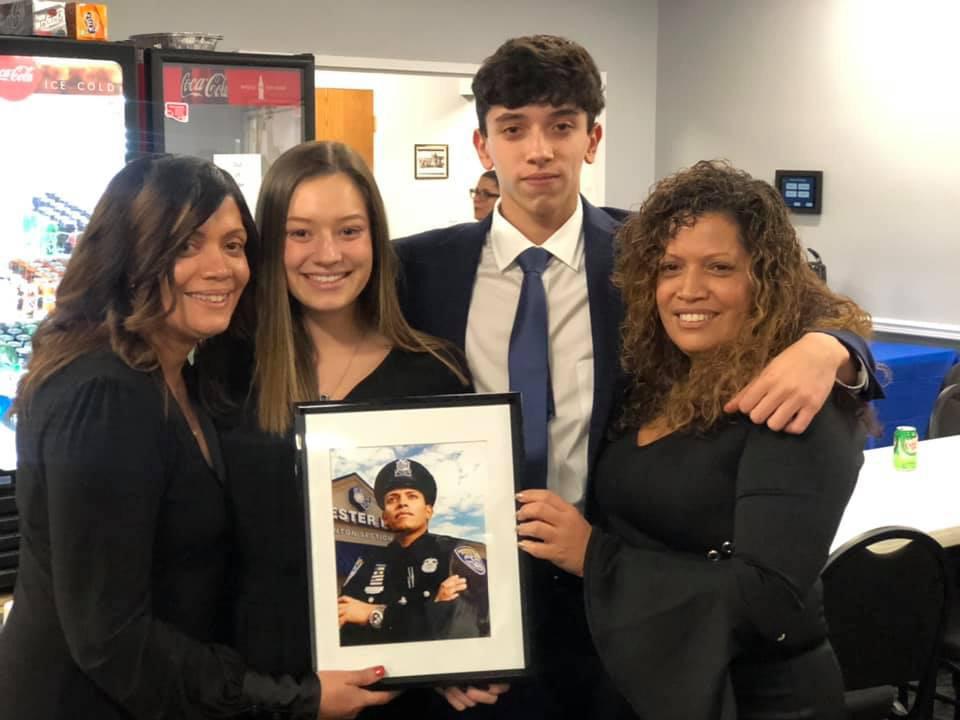{ COOKING FOR KIDNEYS { SHIFT+CONTROL } }
JOHN VITO I awoke in the ICU at Highland Hospital. A woman in a chair next to me was intently staring at a dresser sized machine. She did not make eye contact and provided vague one word answers to my questions. Soon a doctor walked in. At this point the medical staff knew my future, I only knew my past. The two were not going to work together at all, but that was something I was unaware of for several months.
work day often extended to eighteen hours. The incompatibility of my old and new lives took away another aspect of my identity. I had some choices to make. I had seen several people go though illness and chronic disease due to the nature and longevity of my business. I
The last thing I remembered was walking through the doors of the treatment area of the ER. That was six hours earlier. The doctor briefed me on what happened, why I was there, and the plan to get me out. I had kidney failure and. I was in “End Stage” of chronic kidney disease (CKD). The permanent damage no longer allowed them to function well enough to maintain life. My options were limited; dialysis, represented by the machine next to me, or a transplant. Both are considered a permanent and necessary treatment as there is no curing the damaged kidney. For the past 20 years I arrived on State Street in the early morning to open my restaurant, serving breakfast and lunch, and had recently opened a second restaurant serving lunch and dinner The 190
ROCHESTER WOMAN ONLINE :: MEN’S EDITION 2020
could muster the energy to do much of anything else besides be a patient and maintain the necessities of life. And that may be why we see so few patient advocates with chronic diseases or other severe illnesses. When I started cooking again it was not to be a part of an advocacy path. It was purely for my own survival. Diet is one of the few elements patients have any control over, and it is complex, changing, and unfortunately unique for each patient. The kidneys filter out the excess nutrients and create balance in our body. When they don’t work, we monitor our diet to help maintain that balance. There was plenty of general information available, but the particulars were missing.
noticed two different paths that others took; go on with their life as best they can, and privately fight their illness, or use a outward-facing approach with openness and advocacy. The long hours at the dialysis center added to my personal experience with this disease as I saw how it impacted many others. I did not see how anyone
The effort I was putting into my own survival, my experiences and interest in food science, turned out to be a useful set of tools to fill a gap in the patient care aspect of CKD. My cooking was not only feeding my body but it was providing me with a therapeutic for my mental health. Other patients at the center starting asking me questions about food as well. When I began volunteering with the local kidney foundations it was even








